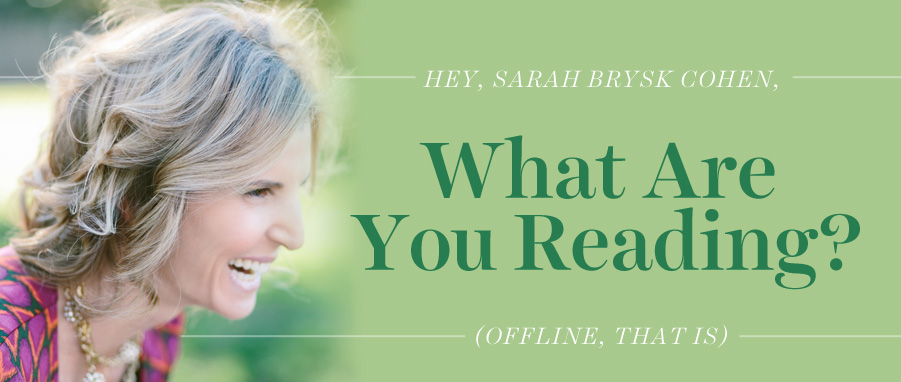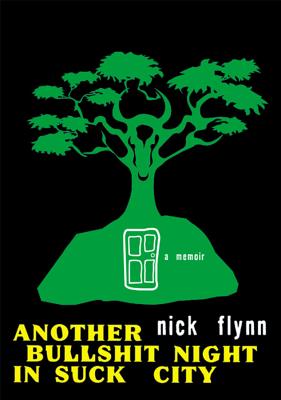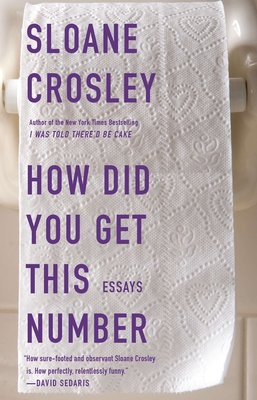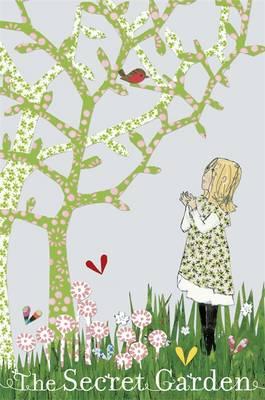Hi Sibyl, I was at brunch the other morning with some friends and my husband and our 4-year old daughter. When we got up to leave the restaurant, there was a woman seated at a table with her friends who had no hair, eyebrows, or eyelashes. My daughter proceeded to laugh (I don't think in a mocking way---just surprised), and yell "Look, Mom! She's not real! She's not real!"
My solution was to hurriedly pick her up and carry her out of the restaurant (as she was making a beeline towards this woman's table--perhaps a better verb than "pick her up" would be "tackle her"), explaining that the woman was real and that she just looks different and pointing and laughing like that can be really hurtful. I was also mortified, and didn't know whether to address the woman and apologize or just pretend like my daughter was talking about something else or to just abandon her at the restaurant and pretend like she wasn't mine.
I know I could have handled it better, but I don't know how. What's your advice for these types of situations that are definitely teaching moments, but where the teaching happens at the potential embarrassment of someone else?
Thanks!
Abashed Mommy
Dear Abashed Mommy,
First of all, I understand your reaction and love that you still want to do even better. Let’s break down why you were so mortified. The honesty of children can be adorable, but not when it is public, culturally inappropriate, and has an implied power imbalance, like the situation you wrote in about. But you know what? It’s not just kids that say seemingly-ignorant things to perfect strangers—adults do this all the time, too, so it is great that you are the kind of person trying to navigate such situations with consciousness.
My family is multicultural, and not a week goes by that some nice, well-meaning person, usually from the race that holds the most power and privilege in our society, says some stupid racist bullshit to one of us. They are not racists, but, speaking from their own ignorance, social awkwardness, and unconscious internalized racism, my husband is jokingly called a token minority, I am assumed to be the nanny, and our child is considered "exotic" for having brown skin and a big blonde afro.
It is exhausting to hold all these projections, and though I usually find a way to forgive the perpetrator of these (and many more) awkward statements, I really wish someone would, in the moment, acknowledge that they said something messed up and that they still have some work to do on themselves. But then I think, how could they, if it has never been modeled for them? They are like little children who have never been taught to handle faux pas in a graceful way.
I think we can change this, starting with our own children. In the situation you wrote in about, you and your daughter, who assumedly have all your hair, are in a position of privilege in regards to the woman with alopecia. You have the expected, preferred amount of hair on your body, she does not, and it's not because of a fashion statement.
Therefore, it could have been a powerful statement to your daughter, and to the woman without hair, if you had been able to manage your own shame in the moment and, in front of everyone, say to your girl, "Honey, I know you are surprised to see someone that looks differently from you. You didn't mean anything by it, but that woman is a person, just like you, and calling her ‘not real’ could have hurt her feelings. Now that I know that you have never seen a person like her before, I’ll teach you all about it when we get home.”
Then you take your cues from the other woman. Is she pointedly ignoring this conversation? Then just smile apologetically at her and leave, as it’s clear she doesn’t want to interact. However, if she is paying attention to what you’re saying to your daughter, address her, “I’m sorry if we surprised you in the middle of your brunch. My daughter is still learning about people who look differently from her, and I’m doing my best to teach her. Enjoy your meal!” Then go on your way to answer the myriad questions your daughter is bound to have outside the woman’s earshot.
I know that this approach seems like it will be awkward. However, it’s already awkward, for all of you, so you may as well name that, and approach it head-on. Through doing this, you’ll be showing your daughter that mistakes happen, and it’s best to stay calm about them but admit them, apologizing but then moving on. She can then use this experience whenever she makes a well-meaning but still offensive social faux pas, in any arena.
Which is going to happen. There is no way to avoid, sometimes, putting our foot in our mouths, in ways that offend due to differences in ethnicity, gender, sexual orientation, politics, age, size, or health. That is part of being human in a diverse society. However, if we can start recognizing power and privilege in even the most innocuous environments—like Sunday brunch—and doing so publicly, perhaps our kids will grow up in a more self-aware society, seeking to make changes that start within.
Love,
Sibyl
Submit your own quandary to Sibyl here.



































